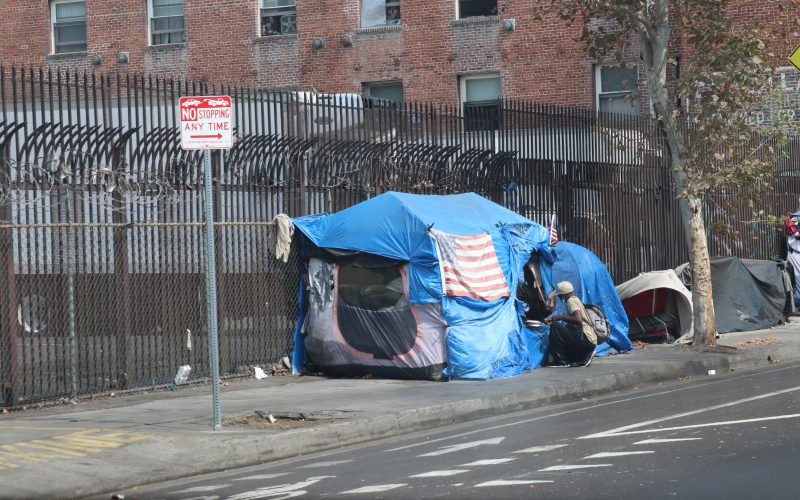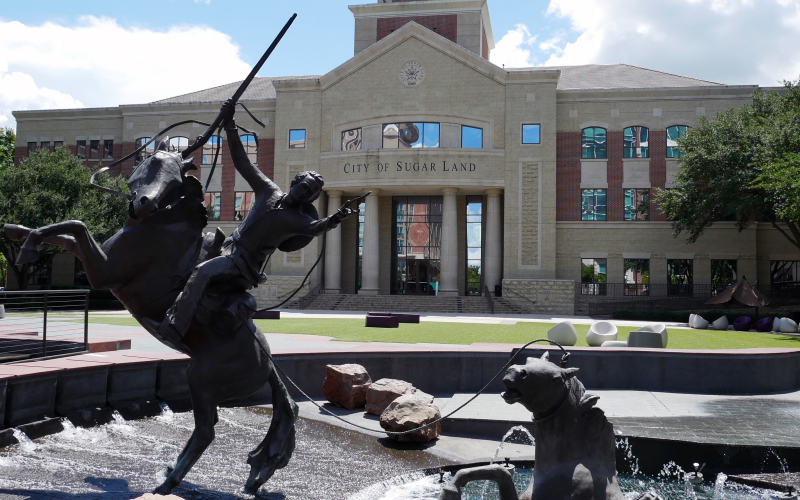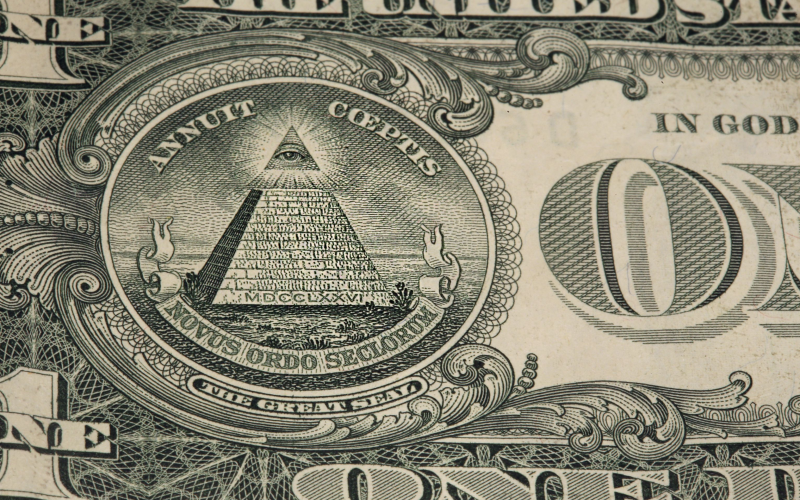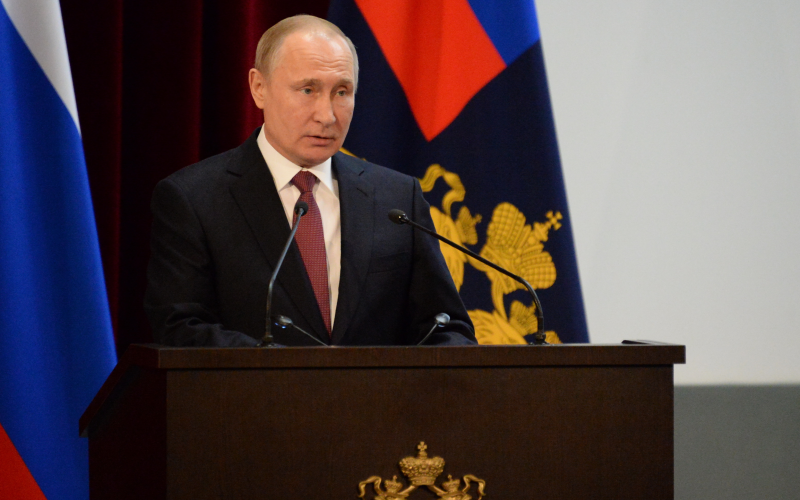Sociologist Matthew Desmond won a Pulitzer Prize in 2017 for his book “Evicted,” and he joins us to discuss his follow-up investigation, which centers on the idea that affluent Americans keep poor people poor.
Read more


Sociologist Matthew Desmond won a Pulitzer Prize in 2017 for his book “Evicted,” and he joins us to discuss his follow-up investigation, which centers on the idea that affluent Americans keep poor people poor.
Read more
New York Times reporter Cade Metz discusses Starlink, the satellite internet company Musk runs that accounts for more than 50 percent of all active satellites, and the issues it’s raising for global security.
Read more
Harvard intelligence expert Calder Walton discusses spy networks post-Cold War and the new methods, like disinformation and cyberwarfare, that are being deployed.
Read more
Vox reporter Ian Millhiser discusses the “major questions doctrine,” which allows the court to veto actions by a federal agency for economic or political reasons, and how its use picked up when President Biden took office.
Read more
“Sugar Land” hosts Brittney Martin and Naomi Reed discuss the discovery of 95 unmarked graves in Sugar Land, Texas, and their ties to the brutal practice of convict labor.
Read more
Colin Dickey discusses why our democracy has conspiracy theories woven into it and how to spot magical thinking so we can work to shut it down.
Read more
Writer Marin Cogan discusses what is making city streets so deadly and what actions governments could take to help remedy the problem.
Read more
UT Austin professor Michael Lind discusses the forces that curbed bargaining power for workers and why he feels restoring it is essential to the future of democracy and the nation.
Read more
Writer Francesca Mari discusses the way housing is set up in Vienna and why it’s become a model for building wealth and security for even low-income renters.
Read more
USC professor Elizabeth Currid-Halkett discusses the small towns across America that are thriving and, by many metrics, outperforming much larger urban centers.
Read more
Global policy expert Igor Khrestin discusses current events in Russia – from the insurgency to the war in Ukraine.
Read more
Richard Haas, president of the nonpartisan Council on Foreign Relations, joins us to discuss why rights alone will not guide the country into a unified future, and why we must ask what democracy requires of us to make it work.
Read more